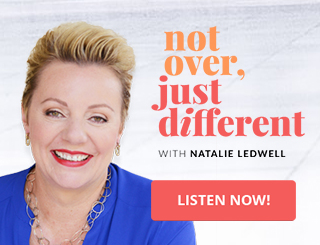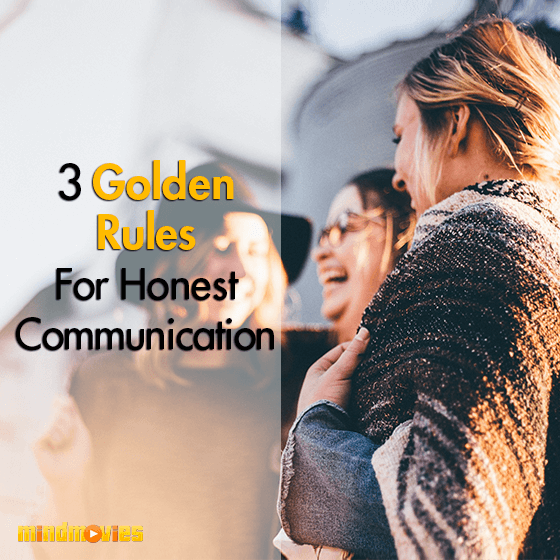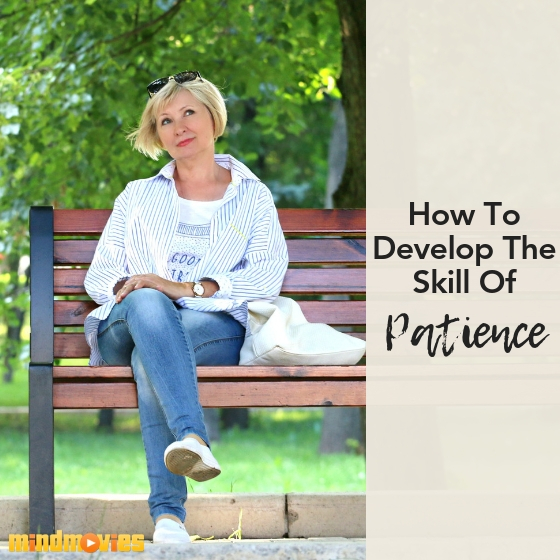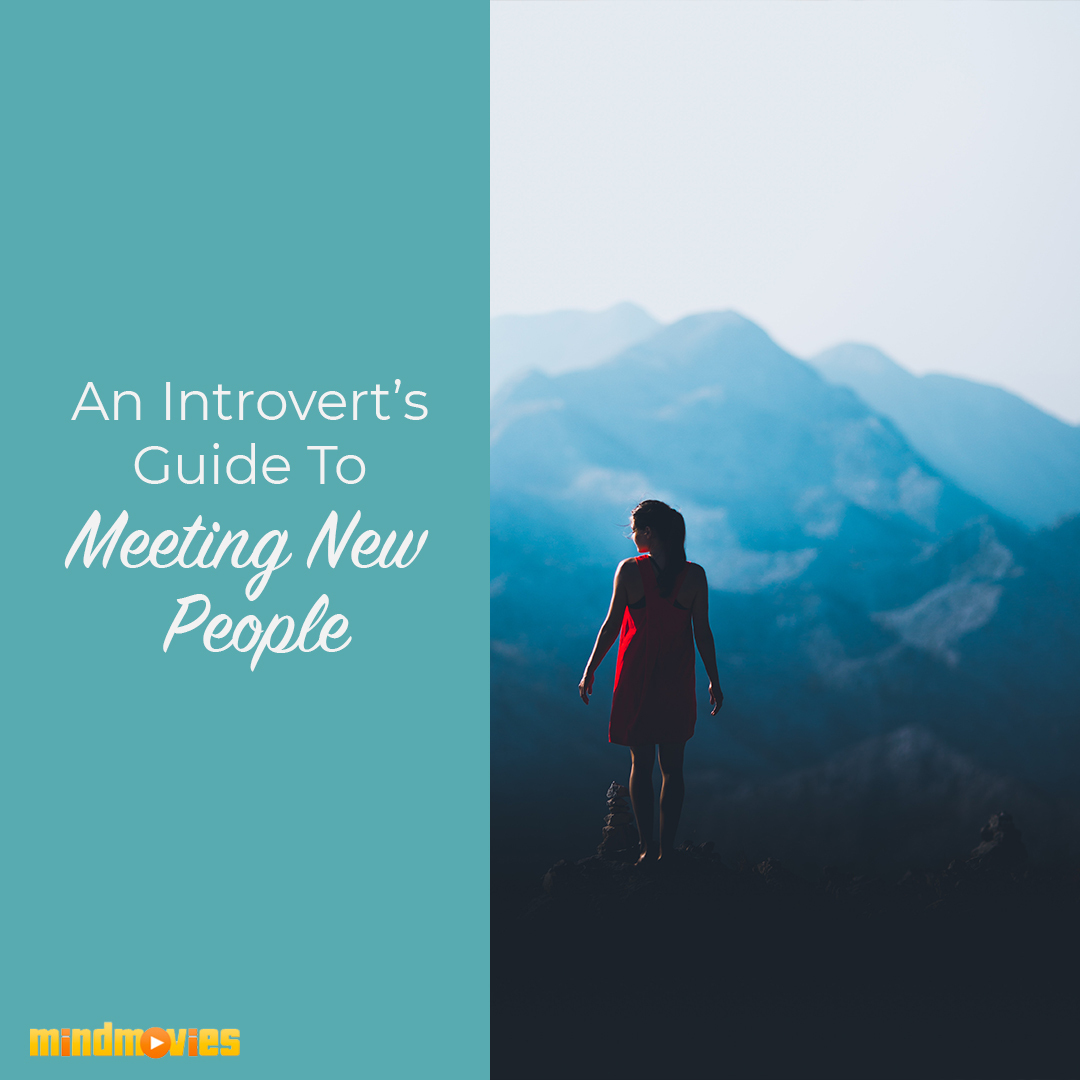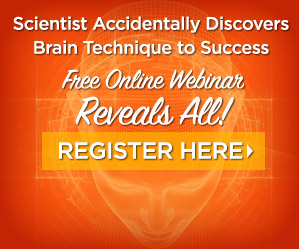The relationships we have with others should bring love and joy into our lives – but unfortunately, that’s not always the case. Some relationships can become toxic or one sided over time, which can have a negative impact on your mental health and well-being. So while it can be difficult or painful to let go of a relationship that isn’t serving you or your goals anymore, it’s also essential for your growth and happiness in the long run.
And no matter the type of relationship – romantic, platonic, business, etc., we are all deserving of honesty, respect, and open lines of communication to feel both seen and heard . If you are in need of a little relationship advice, here are a few things to look for if you are starting to wonder if it’s time to either hold on to that relationship or let it go.
#1 – Lack of Boundaries
Boundaries are key to any healthy relationship. Boundaries establish order and respect, allowing both parties to feel comfortable and confident. If you’re feeling like the other person is constantly behaving in a way that crosses your own personal boundaries, it’s probably time to acknowledge it with the other person. Things like relying on you for favors all of the time or constantly gossiping about others are some subtle red flags to look out for. Whatever the issue is, if you’re feeling like your boundaries are not being respected, practice honest communication and express your feelings to the other person to explain why you feel the way you do. If they aren’t able to see it from your point of view and are unwilling to change, it may be time to step back from this relationship.
#2 – One Way Street
There will always be some give and take in your relationships. Naturally, the way you show up for someone else is likely how you’d want the other person to show up for you. The kind of relationships you want to hold on to are the ones where you, too, feel like the other person provides the time and effort to support you, just as you support them. If it begins to feel like you’re the only one who’s putting effort into the relationship and that the other person is the only one benefiting from the relationship, it may be time to let it go.

#3 – The “Energy Drainer”
It’s usually in the conversations we have with others that we start to notice the quality or integrity of the other person. So it’s important to pay attention to how you feel after having conversations with others. You may start to realize that you’ve been entertaining relationships with those who are energy drainers if you feel yourself lingering in low-frequency emotions after conversing with them. Of course, it’s okay to allow your friends or family to unload or vent their personal stress, but if it’s getting to the point where it’s constantly affecting your energy levels, it may be time to evaluate that relationship or those types of interactions. This is a great time to either set some new boundaries or stop entertaining the conversations that deplete you.
#4 – No Accountability
We’re all human and make mistakes! But the inability to recognize and take responsibility for mistakes made in a relationship can become a problem if left unaddressed. If you find that you’re constantly making excuses for someone you’re in a relationship with because they won’t own up to their mistakes, it may be time to have an honest conversation about it. Things like missing appointments or deadlines, lack of regard for others, or even deflecting attention away from themselves are not good for fostering and building healthy relationships.
#5 – Lingering in Negativity
It’s natural to seek the advice of those closest to you on things like personal matters, goals, or new endeavors, but beware of people who constantly respond to you and your ideas with negativity. Similar to an energy-drainer, those people who constantly linger in negativity can seriously impact your ability to grow and succeed. Yes, our friends, family, partners, coworkers, etc., may give us feedback from time to time that isn’t necessarily positive, but if someone is constantly putting you down or dismissing your ideas, it may be time to look for more positive people to surround yourself with. We become the people we surround ourselves with, so make sure that those people closest to you are usually offering encouragement and support on a regular basis.

#6 – Who Are You “Following”
Whether we like it or not, social media is a huge part of our society, so it can be easy to get sucked into endless scrolling and falling down internet rabbit holes. With so much of our culture’s use of social media, it’s important to make sure you’re not wasting your time following those who ignite low-frequency feelings simply by seeing their posts. Even though they may be virtual, the relationships you have with friends on social media are hugely impactful to your own personal growth. Don’t be afraid to unfollow those who do not add to your higher purpose.
#7 – Making Excuses
If you find yourself starting to make excuses for the poor behavior of another, it may be time to focus the lens on evaluating that relationship. Sometimes we can get so used to the behavior or “ways” of others that it seems normal. But when you are on your own path of personal development, it’s important to make sure you are clear about the core values you want for yourself and those around you. It’s okay to let go of the people whose values do not fall in line with your own.
#8 – Sacrificing Authenticity
If you notice yourself changing who you are while entertaining different relationships, it’s very, very important to be mindful of that. You see, the road to personal growth is personal, so taking note of who you are and how you are in your different relationships is the hidden key to uncovering toxic relationships. Staying true to our authentic selves starts within , so this is crucial to navigate and reach our highest potential. If you are feeling pressured to change or sacrifice your own authenticity based on a relationship with another, it’s definitely time to make a decision on whether that relationship is worth having in the long run.
Making these kinds of decisions is never easy, but at the end of the day, it can be necessary. I feel grateful to be able to help others navigate different relationships to really come out on the other side feeling empowered. If you’d like to learn more about navigating relationships and many other juicy topics, check out my podcast if you haven’t already. On Not Over, Just Different , we get candid on all things self-improvement, so be sure to join in on the conversation!

